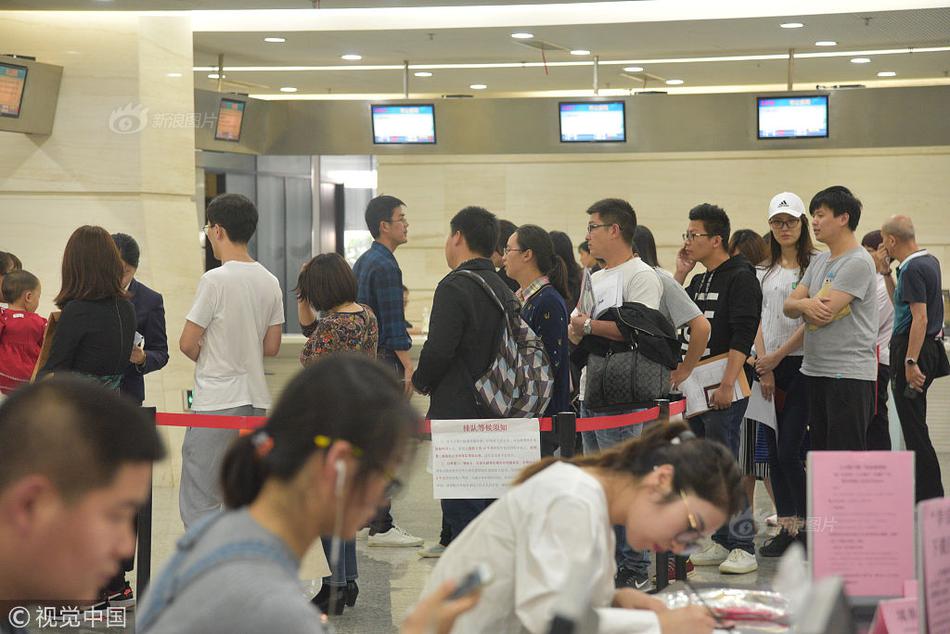Google has announced a new app, "Bulletin," that it says is specifically designed to let anyone contribute "hyperlocal stories" about their community, such as someone spotting a car accident or smoldering, dry brush.
But Bulletin isn't available to everyone just yet. In fact, it's quite limited. Google says the app will first run as a "pilot project" in Nashville, Tennessee and Oakland, California. Those interested in using the app can apply for access from Google on the Bulletin site.
SEE ALSO:Google Chrome just fixed the worst thing about the internetGoogle seems to recognize the somewhat delicate reality of anyone being able to share news (or bogus information) to others -- which is one obvious reason for the careful rollout.
The search giant also gathered that such an app will stoke much interest in the traditional news reporting industry, so it provided a link to journalists who "would like more information on Bulletin."
Mashable did connect with a Google spokesperson, Maggie Shiels, who underscored that the app is still in an experimental stage:
"Bulletin is an experimental app that gives people an easy way to tell stories about what is going on around them -- ranging from local bookstore readings to high school sporting events to information about local street closures. We are excited to see how people use the app during this pilot phase," said Shiels.
Shiels noted that Google worked with local publishers in both Nashville and Oakland when developing Bulletin, and the publishers expressed a lack of resources and interest in covering many hyperlocal events (like perhaps a little league game).
Local events, however, often become national news -- like a recent traffic incident involving a Tesla and a firetruck -- so it's unclear where Bulletin's news reporting will start and end.
Google currently offers little information on its Bulletin site, but we know this:
"Bulletin is a free, lightweight app for telling a story by capturing photos, videoclips and text right from your phone, published straight to the web (without having to create a blog or build a website). If you are comfortable taking photos or sending messages, you can create a Bulletin story!"
Google also offers an image of what the app might look like. It shows a post reporting flooding on a road, an image, and some light "reporting" on what has occurred and when.
 Credit: Google
Credit: GoogleIndeed, this is hyperlocal news -- but anyone should have a healthy distrust of who's reporting what news, what news they're providing, and what they're not reporting. Bulletin could have a high potential for abuse, or flat out truly "fake news."
But it may also serve as an effective way to report local news to communities that don't have adequate local news coverage -- or had a local news outlet close shop. It's little secret that many smaller news outlets are struggling and searching for financial viability. Very few organizations have the robust subscription cash streams of media giants like The New York Times, The Washington Post, and The Wall Street Journal. (In contrast to President Trump's repeated statements about "the failing New York Times," the publication reported in November 2017 that its digital subscription base continues to increase, to some 2.5 million subscribers.)
In New York City, however, the Times isn't doing much "hyperlocal" reporting, like flooding in a certain street that might affect thousands of commuters. Making matters worse, in November two of the city's respected hyperlocal news outlets, DNAInfo and Gothamist, shuttered. The publisher, billionaire Joe Rickets, said the business model was not successful.
Shrinking media, though, is a national problem. According to statistics from the U.S. Bureau of Labor Statistics reported by the Columbia Journalism Review, jobs in media have dropped dramatically, by 411,800 people in 2001 to 173,709 in 2016.
Bulletin won't fix this problem, but could potentially provide some benefit to local communities. We'll continue reporting on how -- or how not.
TopicsGoogle
(责任编辑:百科)
 Over 82,000 evacuate as Blue Cut fire rapidly spreads in southern California
Over 82,000 evacuate as Blue Cut fire rapidly spreads in southern California You can now disable Samsung's Bixby button
You can now disable Samsung's Bixby button 'Rick and Morty's' song about terryfolds is actually charting on Billboard
'Rick and Morty's' song about terryfolds is actually charting on Billboard Dad finds out the hard way to not swear in front of his toddler
Dad finds out the hard way to not swear in front of his toddler Wikipedia co
Wikipedia coFelix the cat just raised £5000 for charity because she's the hero we all need
 LONDON -- Remember Felix, the Huddersfield train station cat who got promoted to Senior Pest Control
...[详细]
LONDON -- Remember Felix, the Huddersfield train station cat who got promoted to Senior Pest Control
...[详细]The 'Devil Wears Prada' writer knows you hate Nate
 Remember The Devil Wears Prada? That movie about scrappy Anne Hathaway working for tough-but-admirab
...[详细]
Remember The Devil Wears Prada? That movie about scrappy Anne Hathaway working for tough-but-admirab
...[详细]Hotel puts proper gaming rigs in all its rooms, perfect for gamer couples on vacation
 Serious gamers on holiday shouldn't need to suffer. A hotel in Taiwan is offering more than just a b
...[详细]
Serious gamers on holiday shouldn't need to suffer. A hotel in Taiwan is offering more than just a b
...[详细]Trump’s buddy Tom Brady links arm with teammate during national anthem
 The NFL vs. President Donald Trump showdown is really heating up now that Trump's good buddy Tom Bra
...[详细]
The NFL vs. President Donald Trump showdown is really heating up now that Trump's good buddy Tom Bra
...[详细]Singapore gets world's first driverless taxis
 SINGAPORE -- The world's first self-driving taxis started picking up passengers in Singapore on Thur
...[详细]
SINGAPORE -- The world's first self-driving taxis started picking up passengers in Singapore on Thur
...[详细]This Swedish punk band has released their own typeface made from urine
 Writing your own name in piss has become a lot less disgusting. Or has it?Swedish punk band Pissjar
...[详细]
Writing your own name in piss has become a lot less disgusting. Or has it?Swedish punk band Pissjar
...[详细]Jolly guy's laugh is so contagious that even chickens had to join in
 Imagine having a laugh so infectious, even animals join in on the fun. Taken at what looks to be a k
...[详细]
Imagine having a laugh so infectious, even animals join in on the fun. Taken at what looks to be a k
...[详细]Lorde sticks it to school bullies with ultimate revenge: a 'Vogue' cover
 Nothing sticks it to the jerks who teased you in school better than a Voguecover shoot.Monarch of ha
...[详细]
Nothing sticks it to the jerks who teased you in school better than a Voguecover shoot.Monarch of ha
...[详细]Photos show the Blue Cut fire blazing a path of destruction in California
 A fast moving wildfire continued raging near San Bernadino, California, forcing the evacuation of at
...[详细]
A fast moving wildfire continued raging near San Bernadino, California, forcing the evacuation of at
...[详细]Attention, human monsters: You can now purchase a Border Patrol Agent costume for Halloween
 Every day is a horror show in 2017 -- no need to wait until actual Halloween.It's depressingly fitti
...[详细]
Every day is a horror show in 2017 -- no need to wait until actual Halloween.It's depressingly fitti
...[详细]There's a big piece of fake chicken stuck to this phone case

Donald Trump dedicates President Cup golf trophy to hurricane victims
